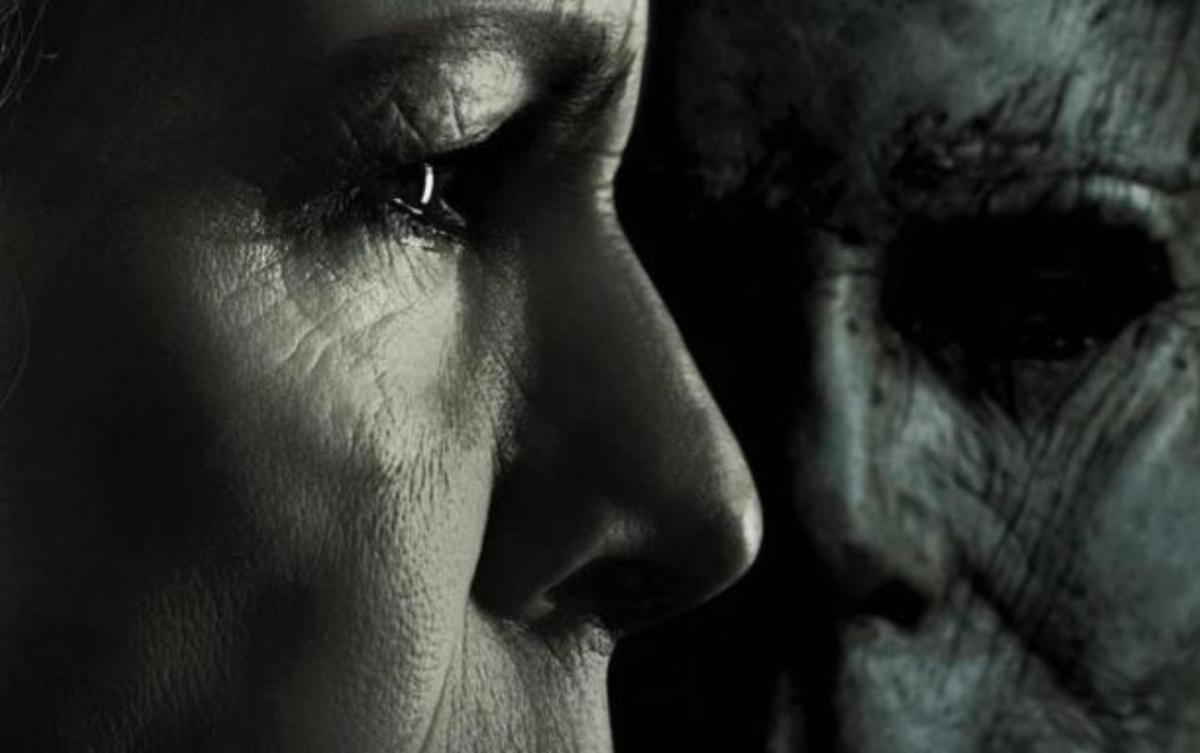2018’s Halloween is a certified hit, but even before opening weekend the film managed to do something no one thought would be done; it hit reset on the entire franchise, undoing 40 years of continuity. Convoluted as it may be, it’s weird to think that the saga of Michael Myers we’ve come to know is no longer valid. Granted, all the movies are out there, but each of them has been rendered their own thing, or part of a separate, pocket film universe, unto themselves.
The Halloween series, whichever continuity you subscribe to, has gone on longer than anyone thought it would. John Carpenter and Jamie Lee Curtis especially were willing to leave it behind more than once — even considering it dead and buried. Frustrated, to a large degree, their attitude and desire to move on was due to not getting what they wanted — that being able to close the book on one story (Michael Myers) and open the door to new ones.
They’d still be “Halloween” movies but Michael and all the old guard wouldn’t be there.
It came to light in recent years that the producers’ intent for the series after the original Halloween 2 was to take it in the direction of an anthology. That was supposed to be the purpose of Halloween III: Season of the Witch: get that ball rolling. Nobody really understood this until the release of Halloween 3’s special edition Blu-ray and its behind-the-scenes retrospectives detailing its production.
Keep the name and the series alive but spin it off into new territory — why not? Well, because your fanbase wanted more Michael Myers, that’s why. Hence, the new direction failed and Halloween III was perceived up until now as a kooky one-off and a failed experiment. Moustapha Akkad, realizing where the money is, then brought Michael back years later to stalk his niece for three movies.
But, just because the plan for an anthology format didn’t work doesn’t mean it didn’t ultimately take shape (pun intended), so to speak.
The series wound up going in all sorts of, seemingly random, directions. After Halloweens 4-6, H20 came out followed by its own sequel (Halloween: Resurrection) in 2002, and that was another muddled mess. Fans could reconcile their existence in the series somewhat, assuming they tied in despite ignoring plot points and characters from the previous three. And it would have all tied together; Jamie Lloyd and her death were going to be mentioned briefly in H20, but the screenplay was rewritten and the omission was never brought up again.
What started as accidental plot holes later evolved into tributaries of distinct events in the stream of consciousness of the franchise because along came Rob Zombie with a remake. Moustapha’s son Malek had taken over, the movies appeared stale, and they wanted a fresh take for today’s audience. Everything that came before could be jettisoned and the wheel could get reinvented. Zombie thusly went deeper into Michael’s psyche — not the Michael of times past but his version of him.
Zombie was free to be unprecedented in the world of Halloween, as sadistic and off the beaten track as he could go. Reception was mixed; it always is when new spins are put on old favorites. Jason Goes to Hell suffered the same polarizing reaction. In truth, it was a crazy take having more in common with The Texas Chainsaw Massacre, but Rob Zombie did his job and delivered something completely different.
It was the first time since Halloween 3 we saw a story that diverged entirely from the continuity we had before. The door had opened, if only a crack, but it was enough for screenwriter Danny McBride and director David Gordon Green to seize an opportunity and get their reboot made. They effectively started fresh but more importantly added a new and distinct story to the anthology of Halloween.
You see, Halloween is an anthology; it evolved that way organically. What they failed to realize with Season of the Witch in 1982 was you can’t do it without Michael. Nothing takes shape without The Shape himself.
Some of the coverage you find on Cultured Vultures contains affiliate links, which provide us with small commissions based on purchases made from visiting our site.

